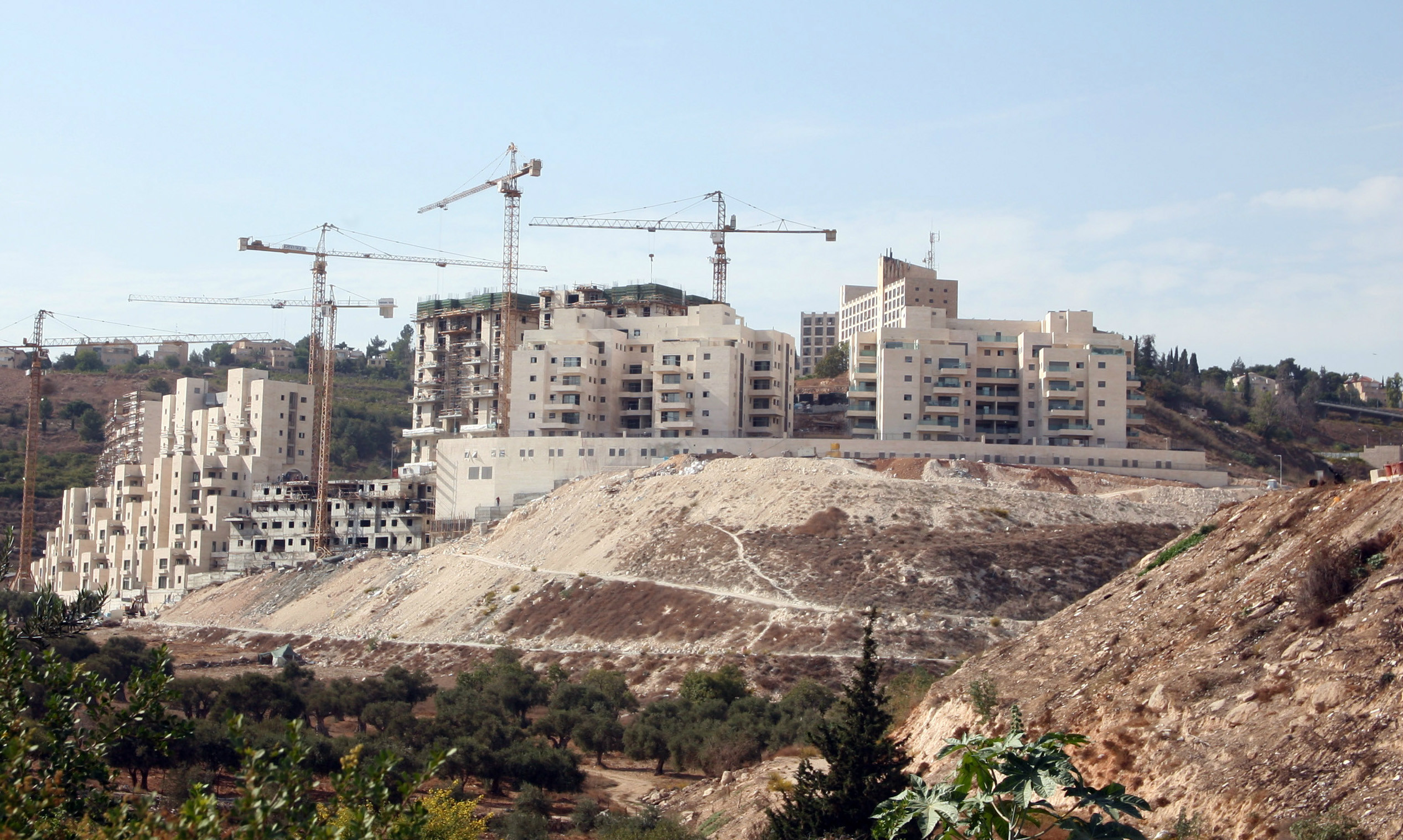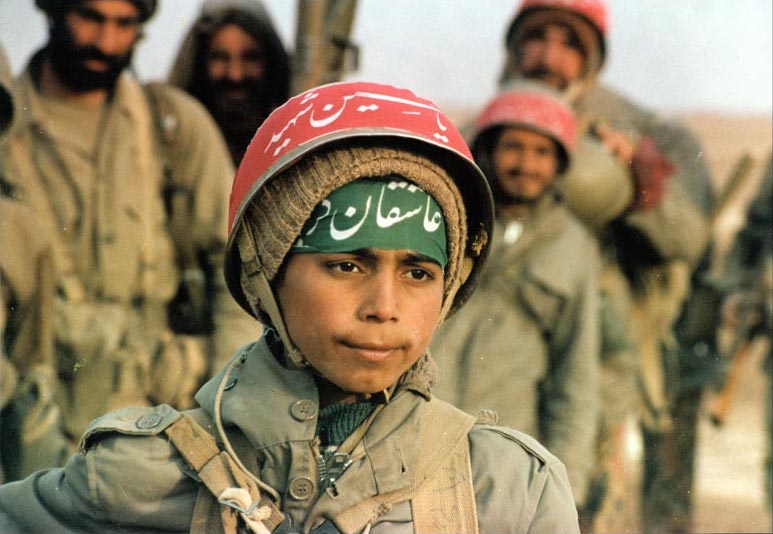
In Part I, the legality of Israeli settlements in the West Bank was scrutinized with respect to Articles 2 and 49 of the Fourth Geneva Convention. In Part II, the same question will be addressed with reference to the Fourth Hague Convention in addition to several UN Security Council Resolutions.
The Fourth Hague Convention:
The Fourth Hague Convention was convened for the purpose of revising the original Hague declaration concerning the laws and customs of war. Two articles of the Convention are of particular interest with regards to the West Bank: Articles 46 and 55.
Article 46:
Article 46 of the Hague Convention prohibits the confiscation of private property in occupied territory. The issue here is whether or not private property can be immoveable. Generally speaking, under no circumstances can immovable private property such as a land be appropriated by an occupying power. Judge Buergenthal of the International Criminal Court (ICJ) believes that Article 46 applies to Israeli settlements in the West Bank and therefore considers them unlawful.
Israel has refuted this argument through the use of Article 52, which states that the occupant may take requisitions ‘in kind and service’ from the inhabitants of the occupied territory for the needs of the occupant’s military force. As such, Israel asserts that if a settlement is justified by the security needs of the army and is only temporary, it can be constructed without violating international law.
Nevertheless, not all Israeli settlements are immunized by Article 52. The West Bank settlement Elon Moreh, for example, was found by the Israeli High Court to be neither militarily necessary nor temporary in nature.
In response, Israel has since changed its land acquisition policy to operate in accordance with Article 55 of the Convention.
Article 55:
Article 55 of the Fourth Hague Convention regulates the use of public land by an occupying power, stating that:
“The occupying State shall be regarded only as administrator and usufructuary of public buildings, real estate, forests, and agricultural estates belonging to the hostile State, and situated in the occupied country. It must safeguard the capital of these properties, and administer them in accordance with the rules of usufruct. ”
In plain language, this provision means that Israeli occupation of the West Bank is only permitted to be temporary and administrative in character. For additional clarification, the term “usufructary” used in this context refers to an entity with the temporary right to use and enjoy the property of another, provided its substance is neither altered nor impaired. The construction of permanent settlements in the West Bank is widely held to run contrary to this provision and is therefore considered illegal
To combat this provision, Israel now applies Ottoman Land Law from 1858 as a means by which to legally convert private Palestinian land into ‘state land’.
According to Ottoman law regarding state land, all lands are considered state land unless they are registered as private property. During the period in which the Ottoman Empire had occupied the area, very little of the land in the West Bank was registered as private property. As a result, Israel has declared a vast amount of West Bank territory as ‘state land’ which it can consequently occupy with impunity, despite being primarily occupied by Palestinians.

UN Security Council Resolutions:
Israel is also considered to be in violation of several UN Security Council Resolutions. UN Security Council Resolutions are formal expressions of the will of the various organs of the UN, and are composed of a preamble (an opinion expressed or directive given) and an operative component (indicating the action to be taken by the target of the Resolution). Israel’s practice of settlements in the occupied territories has breached a multitude of these Resolutions, including Resolutions 446, 452, 465, 471 and 904.
Resolution 446 declares that Israel’s practice of establishing settlements in Arab territories “have no legal validity and constitute a serious obstruction” to achieving long-term peace in the Middle East. It also calls upon Israel to cease and desist its changing the legal status of occupied Arab territories, and transferring its own civilian population into these territories.
Resolution 452 reiterates Resolution 446 and calls upon Israel to cease its establishment of settlements in occupied Arab territories.
Resolution 465 deplores Israel’s refusal to abide by 446 and 452. It also calls upon Israel to dismantle existing settlements, cease building new settlements, and instructs “not to provide Israel with any assistance to be used specifically in connection with settlements in the occupied territories.”
Resolution 471 condemns Israel’s practice of allowing Jewish settlers in occupied Arab territories to carry arms used to commit crimes against the Palestinian people. It then denounces Israel for its failure to provide adequate protection to Palestinian citizens in accordance with the provisions of the Geneva Convention, and calls upon Israel to provide victims of its inaction with adequate compensation.
Finally, Resolution 904 condemns Israel for the massacre of Palestinian worshippers in the Mosque of Ibrahim in Hebron on 25 February, 1994. It also calls on Israel to implement measures in order to guarantee the protection of the Palestinian people in the occupied territories, such as “a temporary international or foreign presence, which was provided for in the Declaration of Principles on Interim Self-Government Arrangements, signed by the Government of Israel and the Palestine Liberation Organization at Washington, D.C. on 13 September 1993.”
It is important to note that this list of UN Security Council violations is not exhaustive. Despite this fact, however, Israel has resolutely chosen the path of non-compliance. This is not surprising: there is not much that can be done to realistically force Israel, a sovereign state, to abide by the several UNSC Resolutions that it has repeatedly violated. The United States, a staunch ally of the Israelis, has been consistent in either vetoing or abstaining from all binding UNSC Resolutions concerning Israeli settlements in the West Bank. Unless America’s political, economic and military support of the Israelis declines, Israel will remain virtually immune to foreign protest over the West Bank.



